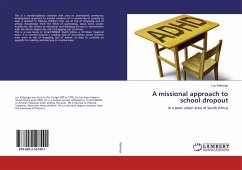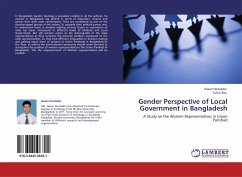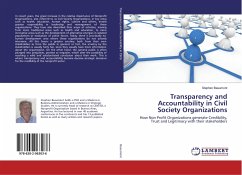It is widely accepted that in many cases the governments of the third world countries cannot perfectly formulate and implement public policy. It is more applicable to execute land reform program. The reason is the governments lack the capacity to manage the resistance created by various social groups against land reform. Moreover, the prospective recipients of land reform are not generally aware about their rights to land as land related laws and regulations are complicated and most of the potential beneficiaries are illiterate.In this book you will find how collaboration between government and civil society can overcome the above mentioned barriers and execute land reform program effectively. You will also find how the relationship between public agency and civil society organizations changes with the change of power structure. This book tells you how civil society organizations try to widen their authorities and participate in formulation and implementation of public policy andwhat type of civil society organizations are more effective to carry out public policy. This book also describes how the state-society driven approach promotes participatory development and good governance
Hinweis: Dieser Artikel kann nur an eine deutsche Lieferadresse ausgeliefert werden.
Hinweis: Dieser Artikel kann nur an eine deutsche Lieferadresse ausgeliefert werden.








